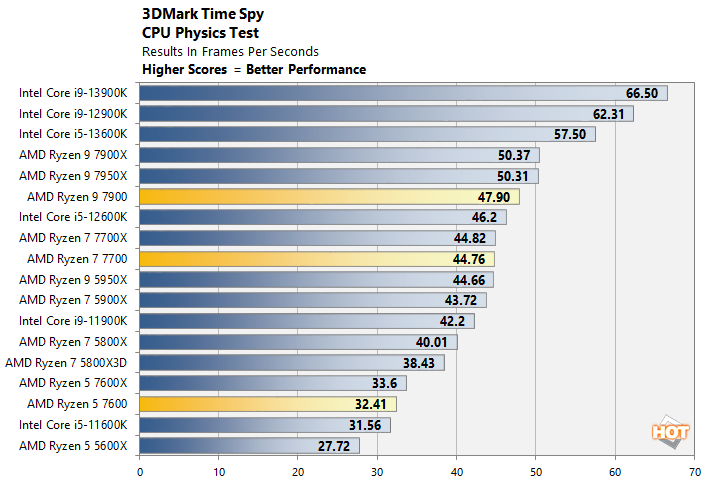In what way? If they are just 5% better binned than the average K then these are useless. How will you know about the bin quality without an actual review?
Bin quality will vary between chips, as with all CPUs. The only guarantee is that the KS will run 6.2 GHz below a certain voltage Intel has decided is appropriate. In general, this means the silicon is better quality, but it doesn't guarantee that every KS has a better OC potential than a random K series, or a better memory controller etc., it's just more likely to be the case.
Then link the review showing a 14900K getting 5w on idle. Otherwise that which is submitted without evidence can be dismissed without evidence.
Except if you don't cherry pick and look at the whole chart you can see the answer is a lot more nuanced:
View attachment 338474
To say that Intel has superior ST efficiency is factually incorrect. It really depends on the CPU models we are comparing.
ST efficiency isn't that important either, most workloads are going to utilize more than a single thread of which Ryzen is vastly more efficient in.
I don't really see the point of your argument, in essence you are saying if you purchase the 24-core 14900K and only use a single thread you'll have slightly better efficiency. That's great unless you ignore the obvious waste of money that is. Who is buying a 24-core CPU to only be running a single thread most of the time? It's nonsense, yes the 14900K is more efficient if you only run a single thread which is precisely the least likely scenario for people buying this CPU.
It's actually a 35% difference between the 14900K and 7950X. Mind you that's a generous comparison to Intel, if you compare to the 7950X3D the 14900K consumes 130% more power.
You'll have slightly better
per core efficiency (what ST is) but
much better
idle efficiency, which, like I said, is what the CPU is doing most of the time. Load a new webpage - straight to idle, open your mail - straight to idle. Etc.
You're talking about cherry picking results, while failing to mention that in the instance where the Intel CPU is using "35%" more power (in 100% all core synthetic load, at a whole 42 W more than it's competitor, the 7950X), it's also doing more work, faster.
Since you misquoting TPU's test of 100% single core load as "idle" power apparently puts the burden of proof on me, as requested, here's a review that compares CPUs at idle/load power.
AMD revealed its line-up of 65W Ryzen processors, the Ryzen 5 7600, Ryzen 7 7700, and Ryzen 9 7900, and we've put them to the test. - Page 3

hothardware.com
As you can see, the 13900K system idles at 67 W, whereas the otherwise identical 7950X system idles at 107 W. Even the six core 7600X still idles at 89 W, with single core load being just 18 W higher, lending further evidence to my statements.
You can also, as I suggested, simply observe your systems power draw to reach the same understanding.
Not only that, but since hothardware.com tests using manufacturer spec settings, the Zen 4 parts used 5200 MT memory while the 13th gen Intel parts used 5600 MT memory, so if you used 6000 MT "sweetspot" RAM in the same Zen 4 build, the powerdraw would be yet higher, since IF/IO die would be consuming more power.
More evidence if you still don't want to believe me. Identical systems other than CPU, and mobo/RAM, for obvious reasons, since you can't plop a 13900K into an X670 motherboard.
View attachment 13th-gen-test-systems.webp
Here's the image in a better format, they use .webp for some reason.
Nuanced?
Except if you don't cherry pick and look at the whole chart you can see the answer is a lot more
nuanced:
View attachment 338474
To say that Intel has superior ST efficiency is factually incorrect. It really depends on the CPU models we are comparing.
Nuanced? As in a two generation old 12600K is more efficient than the entire Zen 4 lineup besides the 7800X3D?
Doesn't seem very nuanced to me.
That 7800X3D (an undervolted 7700X with some cache on top) is still beaten by a last generation 13400 by the way (an undervolted 12600K)
By 154.8 to 106.2 too, a
significant lead.
So what exactly is "factually incorrect" about the statement that Intel has superior ST efficiency?








